
Keto Diet and Hypertension
Hypertension is a major cause of premature death worldwide and is one of the most important risk factors for several ailments including heart diseases. Uncontrolled high blood pressure could cause hardening and thickening of your blood vessels which might in turn lead to heart attack, stroke or other life-threatening complications.
Per recent estimates, hypertension has a very high prevalence rate in India with nearly one in every three Indian adults affected with the condition. Also, it is estimated that more than half of Indians who have high blood pressure aren’t aware that they have it.
However, hypertension and its complications can be prevented by adhering to certain lifestyle modifications especially dietary changes.
Keto diet could help lower blood pressure and help prevent increased risk of heart diseases. Being a low-carb, high-fat diet enriched with foods such as meats, nuts, eggs and dairy, the keto diet is designed to trigger the metabolic state of ketosis- a process that happens when your body burns of fat as an alternate source of energy.
Health experts opine that a ketogenic diet can be very effective in treating and supporting weight loss as it mimics a fasting state in one’s body. Losing even a very small amount of weight while adhering to this diet can help reduce cardiovascular risk factors including hypertension, obesity, as well as elevated bad cholesterol levels.
Low-carb diets are very effective at cutting blood pressure even better than weight loss pills. A 2010 study demonstrated that twice as many people on a low-carb diet has lowered blood pressure compared to those who took orlistat. The researchers at Duke University Medical Centre highlighted that one can try a diet instead of medication and achieve the same weight loss results with fewer costs and potentially fewer side effects.
The findings of the study emphasized that 47% of the study participants who followed a low-carb diet were able to reduce or cut out their blood pressure medications compared to those who were taking the drug alongside a low-fat diet. These strategies helped improve cholesterol and blood glucose levels too and resulted in weight loss as well as waist size.
The study also highlighted that weight loss via the right dietary approach combined with regular physical activity will help reduce one’s risk of heart diseases and stroke.
Another 2018 study reported that nutritional ketosis significantly improved glycemic control and cardiovascular risk factors like high blood pressure levels in adults diagnosed with type 2 diabetes.
Compared to any other diet, the ketogenic diet seems to lower one’s blood sugar levels significantly. Individuals with diabetes can lower their risk of high blood pressure and heart diseases by managing their blood sugar levels. Many studies have demonstrated that the keto diet’s impact on blood pressure stack it up against the lower fat alternatives. In fact, studies have proven that the prevalence of metabolic syndrome, blood pressure and triglyceride levels were higher in the low-fat group compared to those who consumed a high-fat diet. The findings proved an interesting point that despite consuming a higher amount of fats and calories overall, the higher fat group had better heart health.
Moreover, since ketogenic diet can be very effective in treating and supporting weight loss, it can help reduce cardiovascular risk factors like high blood pressure. It can also help reduce elevated blood sugar levels which is associated with artery-damaging inflammation.
What are the precautionary measures you need to take while attempting Keto diet for hypertension?
First off, it is recommended that you consult your healthcare provider and take advice before beginning a ketogenic diet if your blood pressure levels are high. There are chances that such dietary interventions can lower your blood pressure too much and your current dosage of medication might have to be modified. And while starting a low-carb diet, it is usually recommded that you consume more fluid and salt especially at the beginning.
Moreover, there are chances that for some people, a keto diet could adversely increase their blood pressure and cholesterol levels. Adapting to ketosis could lead to increased stress levels, which in turn could cause hypertension. Also, some people might possess certain genes that could cause increased sodium consumption to elevate their blood pressure. In such cases, increasing potassium intake from supplements and low-carb vegetables or fruits can help keep blood pressure under control.
Image courtesy: rawpixel.com
This Blog post is an initiative by Lo Foods, to provide accurate and Nutritionist / Doctor approved information related to Health. Lo Foods is India's leading brand for Everyday Functional Foods. Foods designed for specific Health conditions or Needs. Lo Foods also runs India's largest range of Low Carb Healthy Cloud Kitchens, under the brand names of Lo!, ProteinChef, ATH (All Things Healthy) and DiabeSmart.




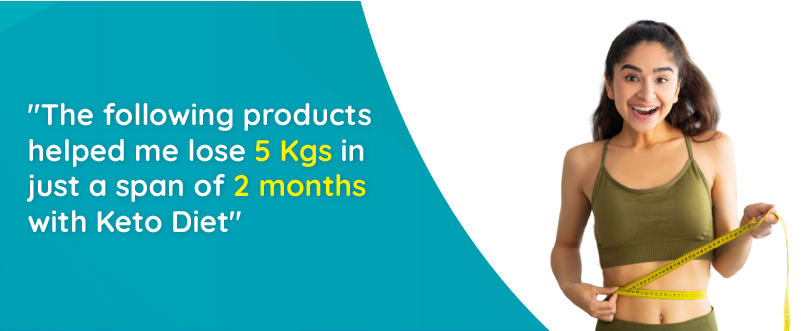








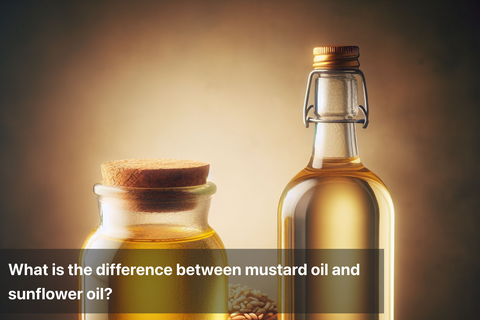
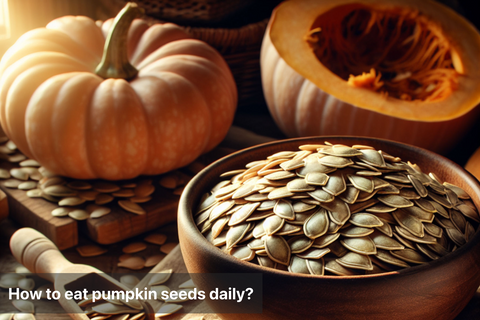
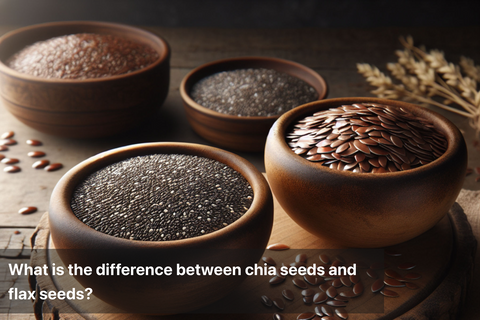
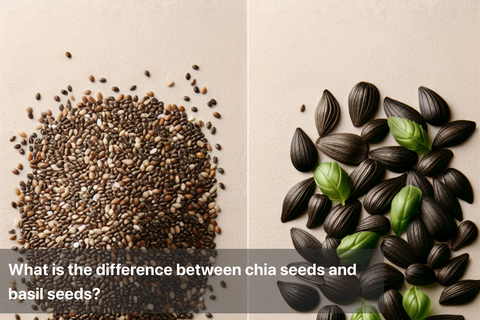
Leave a comment
Your email address will not be published.